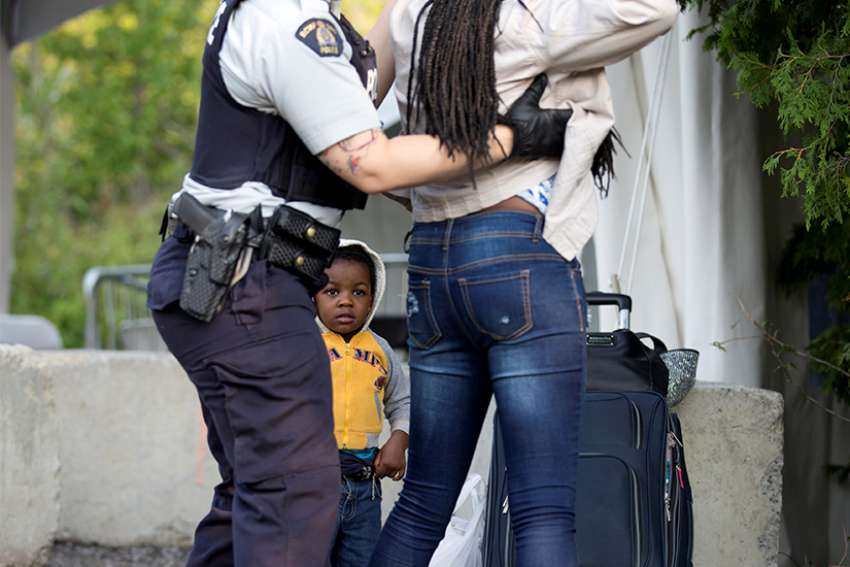Actually, you can call it another test, because it concerns our capacity to be charitable to thousands of asylum seekers expected to arrive at our borders in hope of a better life — or at the very least some acts of simple kindness.
We’ve seen this before, of course, most notably with the Vietnam boat people in 1979 and the Syrian war refugees of 2016. Or you can go back 170 years to the influx of tens of thousands of Irish potato famine refugees. Canada has a history of being a nation with a big heart.
That generosity will be tested again in coming months when thousands of asylum seekers are expected to bypass official border stations and cross illegally on backroads from the United States into Canada. They will surrender to waiting RCMP officers and apply for refugee status, and its taxpayer-funded health services, social assistance and schooling for children.
No one knows how many will come. But officials in Quebec, where 90 per cent of “irregular” entries occurred last year, estimate the number may reach 400 per day. If correct, that suggests some 50,000 arrivals from June to September, more than double the number for all of last year.
Irregular crossings now surpass the number of asylum seekers entering Canada through proper channels. Last year, there was an influx of Haitians fleeing tougher U.S. immigration policies. This year, the list is topped by Nigerians escaping bleak futures by flying to America and busing to the Canadian border. And who knows what world crisis will spark the next mass migration.
What is a nation to do? Earlier this year, Pope Francis acknowledged that an international refugee crisis — there are 22.5 million confirmed refugees worldwide — typically generates anxiety in nations asked to welcome these often-destitute strangers. That reaction, he said, is understandable.
“Having doubts and fears is not a sin,” the Pope said. “The sin is to allow these fears to determine our responses, to limit our choices, to compromise respect and generosity, to feed hostility and rejection.”
So it would be wrong to take seriously a suggestion by Quebec’s Parti Quebecois leader to mimic the American president and let doubt and fear form the foundation of a fence to keep foreigners out. Anything resembling the soulless wall rising on the Mexican border should never be allowed here.
That doesn’t mean everyone who arrives must be shown a path to citizenship. Who stays and who doesn’t will be determined in time by a process that, while ridiculously slow, is guided by rules that seek fairness.
What it does mean, though, is that kindness should be our first response. That’s not always easy, but few tests are.


